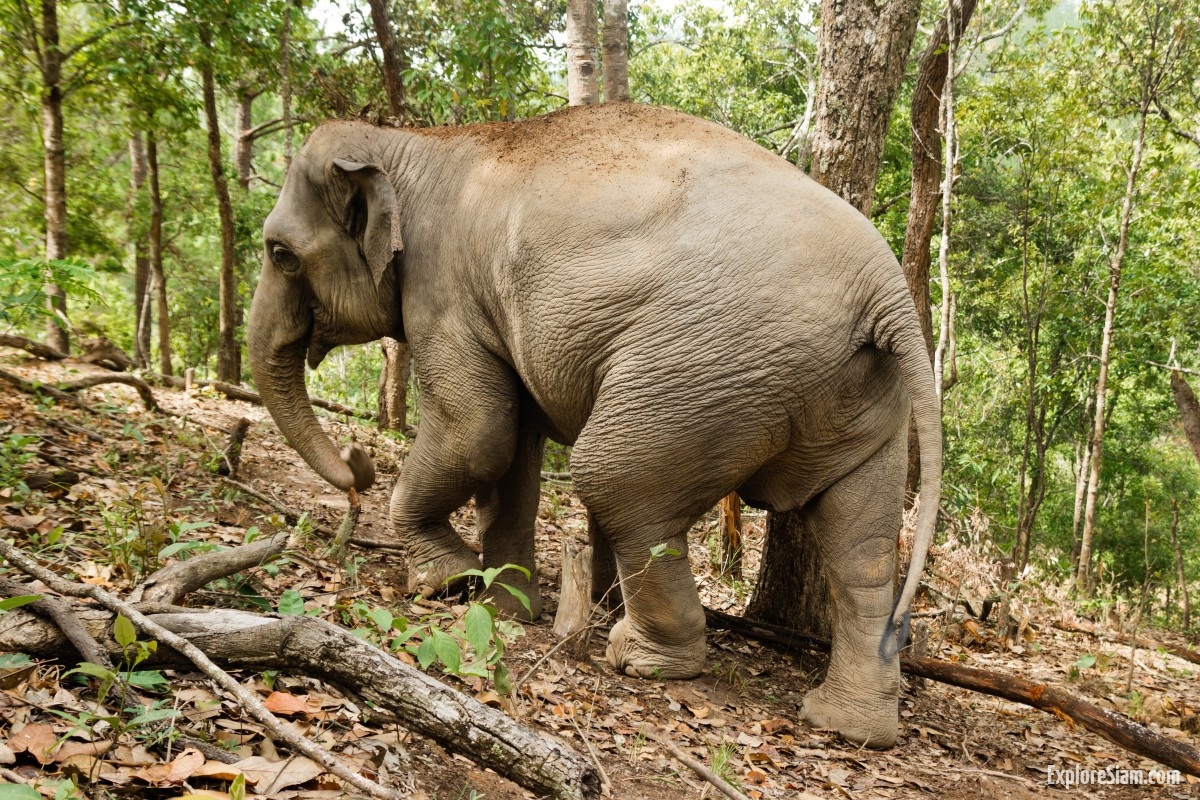Thailand, a land of stunning landscapes, vibrant cultures, and rich biodiversity, stands as a beacon for nature enthusiasts and conservationists alike. The country’s commitment to wildlife and nature conservation has become increasingly pronounced over the past few decades, driven by both governmental initiatives and grassroots movements. This article delves into the efforts being made to preserve Thailand’s natural heritage and explores the opportunities available for travelers to contribute to these conservation endeavors.
Thailand’s Biodiversity: A Treasure Trove at Risk
Thailand’s geographical diversity, ranging from dense tropical rainforests to sprawling coastal regions, provides a unique habitat for an astonishing array of flora and fauna. The country is home to over 10% of the world’s species, including elephants, tigers, gibbons, and a myriad of bird species. However, this rich biodiversity is under threat from deforestation, habitat loss, poaching, and climate change. Recognizing the urgency, Thailand has implemented a series of conservation measures aimed at safeguarding its natural wealth.
Governmental and Non-Governmental Conservation Efforts
The Thai government has been proactive in establishing national parks and wildlife sanctuaries to protect critical habitats. As of recent years, Thailand boasts over 150 national parks and more than 60 wildlife sanctuaries, covering approximately 20% of the country’s land area. These protected areas serve as safe havens for endangered species and are crucial for maintaining ecological balance.
One notable success story is the reforestation and wildlife reintroduction programs in Thungyai-Huai Kha Khaeng Wildlife Sanctuaries, which are part of a UNESCO World Heritage Site. These programs have seen the successful reintroduction of species such as the Eld’s deer and the critically endangered Indochinese tiger.
Non-governmental organizations (NGOs) also play a pivotal role in Thailand’s conservation landscape. Organizations like the Wildlife Friends Foundation Thailand (WFFT) and the Elephant Nature Park have garnered international attention for their efforts in rescuing and rehabilitating abused and neglected animals. These NGOs not only provide sanctuary for wildlife but also engage in extensive educational outreach to promote conservation awareness among local communities and tourists.
Opportunities for Travelers to Engage in Conservation
Travelers to Thailand have a unique opportunity to actively participate in conservation efforts, making their visit both enriching and impactful. Eco-tourism and volunteer programs are abundant, offering hands-on experiences in wildlife and nature conservation.
Eco-tourism initiatives such as guided tours in Khao Sok National Park and boat trips in Phang Nga Bay allow visitors to witness the beauty of Thailand’s natural landscapes while learning about the importance of conservation. These tours are often conducted by knowledgeable local guides who share insights into the ecology and the challenges facing these environments.
Volunteer programs provide an immersive experience for those wishing to contribute more directly. For example, the WFFT offers volunteer opportunities where participants can assist in animal care, habitat maintenance, and community education. Similarly, the Elephant Nature Park invites volunteers to help with the daily care of rescued elephants, including feeding, bathing, and medical care. These programs not only provide critical support to the organizations but also foster a deeper understanding and appreciation of conservation efforts among participants.
Sustainable Tourism: A Path Forward
Sustainable tourism is a growing trend in Thailand, emphasizing the need to balance tourism development with environmental preservation. The Tourism Authority of Thailand (TAT) has been actively promoting sustainable tourism practices, encouraging both tourists and businesses to adopt eco-friendly measures.
One such initiative is the “Amazing Thailand Safety and Health Administration” (SHA) certification, which includes criteria for environmental management and sustainability. Hotels, tour operators, and other service providers that meet these criteria are awarded the SHA certification, signaling to travelers that they are making responsible choices.
Travelers can also support conservation by choosing accommodations and tour operators that are committed to sustainability. Many eco-lodges and resorts in Thailand are designed to minimize environmental impact, using renewable energy sources, implementing waste reduction practices, and supporting local conservation projects.
Challenges and Future Directions
Despite the significant progress, Thailand’s conservation efforts face ongoing challenges. Illegal wildlife trade, human-wildlife conflict, and insufficient funding for protected areas continue to threaten biodiversity. Addressing these issues requires a multifaceted approach, involving stricter law enforcement, community engagement, and international cooperation.
Future directions for conservation in Thailand include expanding protected areas, enhancing wildlife corridors to connect fragmented habitats, and increasing public awareness about the importance of conservation. Additionally, fostering partnerships between government agencies, NGOs, and the private sector can enhance the effectiveness of conservation initiatives.
Thailand’s commitment to wildlife and nature conservation offers hope for the preservation of its rich biodiversity. Through the combined efforts of the government, NGOs, and the active participation of travelers, significant strides are being made to protect and restore natural habitats. As more people recognize the intrinsic value of Thailand’s natural heritage, the opportunities for meaningful engagement in conservation will continue to grow, ensuring that future generations can enjoy the wonders of this beautiful country.





